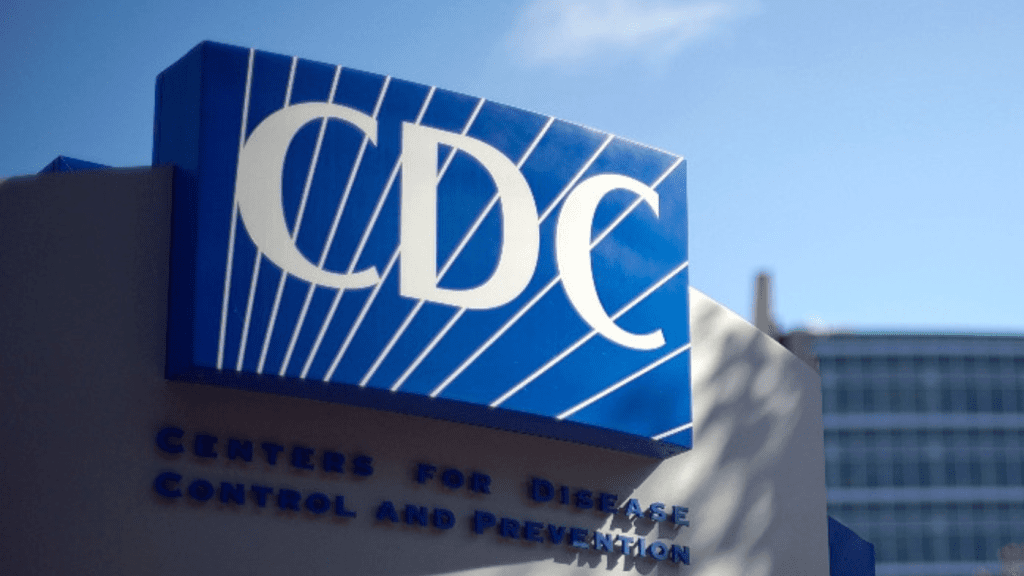A group of doctors are warning about the need for more syphilis testing for pregnant people, as there has been a recent rise in babies born with the sexually transmitted infection in the U.S.
The American College of Obstetricians and Gynecologists (ACOG) issued new recommendations Thursday, advising doctors to screen pregnant people for syphilis three times during pregnancy.
Doctors are now advised to screen all pregnant people for syphilis at the first prenatal care visit, during the third trimester, and again at birth.
Previous guidance suggested testing in the third trimester for those in communities with high syphilis rates and those at risk of getting the infection during pregnancy.
“There has been a nearly eightfold increase in congenital syphilis cases in the last decade or more, and from a public health perspective, we recognize that obstetrician–gynecologists and other obstetric care clinicians play a critical role,” said Christopher Zahn, a fellow of ACOG, in a statement.
Zahn emphasized that prompt diagnosis and treatment are crucial in reducing syphilis rates, noting that the “majority” of cases can be prevented.
Syphilis is a bacterial infection spread through sex , direct contact with a sore, or contact with objects like toilet seats, doorknobs, swimming pools, shared clothing, or utensils. The infection can also be passed from a pregnant person to a fetus.
More than 3,7000 babies were born with congenital syphilis in 2022, marking the highest number in over 30 years, according to the Centers for Disease Control and Prevention (CDC) last year.
In the complete guidance, the doctors' coalition referenced the CDC’s discovery that almost 9 out of 10 cases of congenital syphilis “could have been prevented with timely screening and treatment.”
Transmitting syphilis to a fetus can cause the baby to have low birth weight and increases the likelihood of premature delivery, stillbirth, or miscarriage, according to the CDC.
At birth, babies may not show signs of the disease, but if untreated, they can develop health issues within a few weeks. These problems include cataracts, deafness, seizures, or death, the CDC added.
Benzathine penicillin G is the preferred treatment for syphilis during pregnancy, even though the drug has been in short supply since last year. Pfizer, the sole manufacturer of the drug, stated last year that it would take until at least the second quarter of 2024 to alleviate the shortage.









